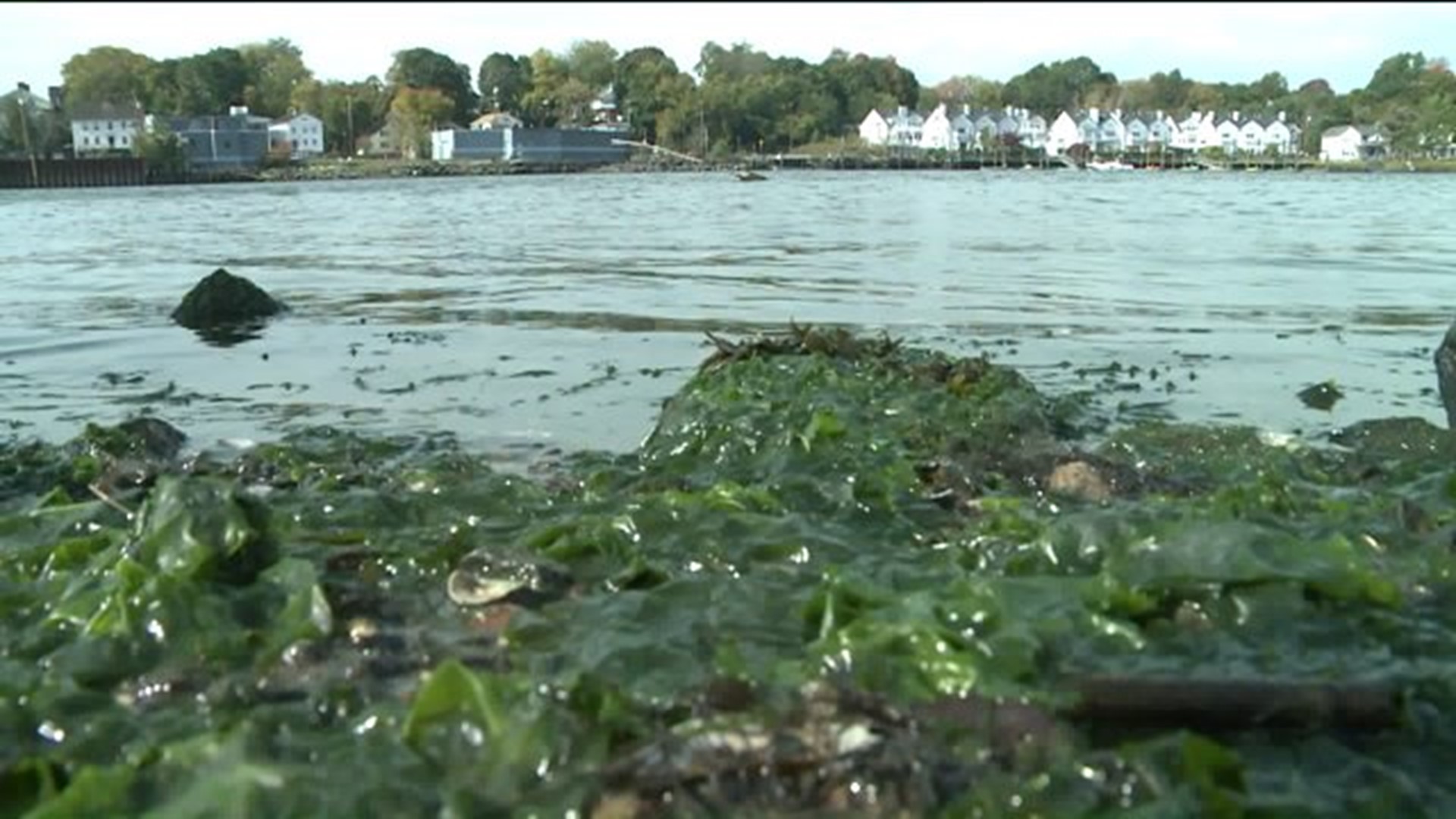HAMDEN--What is in the Quinnipiac River?
Well that's a loaded question. Researchers from the University of New Haven are finding how it the foreign things in the water impact what you eat and how you feel.
What they’re looking for are endocrine disruptors, which could lead to the increase of estrogen in the river.
According to Dr. Melanie Eldridge, an assistant professor in the biology and environmental science department at the University of New Haven, "In humans they’ve been linked to an increase in breast cancer, early puberty, lower sperm counts--things like that."
So along with students, Eldridge collects samples from the river to test what percent is foreign, and dangerous.
"A) We wanted to see if the endocrine disruptors were present, and then B) where they are in the river, and then C) sort of where they're coming from," said Eldridge.
"C" is the hard part because it's difficult to know if the endocrine disruptors are coming from historic contamination, or something new.
Meanwhile, Dr. Amy Carlile, an assistant professor and the assistant dean in the biology and environmental science department at the University of New Haven, is also watching the water. Specifically, she is looking at the algae, and no, it's not just slimy stuff at the beach--there are a variety of forms.
"They're so vital to our ecosystem, they form the base of our food chain, they're important in terms of habitat formation," said Carlile.
Another foreign substance in the water may be copper, and again, where it's coming from is an issue.
"In small doses , it's actually good, but you get over that small dose that's required for life and it can become toxic," Carlile said.
Thanks to industrial usage, the Q River has a few more chemicals then it should. That's the goal for these researchers: to keep the Q River in top shape.
Thanks to a $33,000 grant, the researchers have been doing experiments on the river since March to learn where the high levels of chemicals are, and how to clean them up.
"If you discover that the contamination is due to a leaky septic tank you can go ahead and get it fixed," said Eldridge. "If it's due to a wastewater treatment plant you can change something about the way that they treat the water."
The research covers the river from its base all the way to the end in Plainville.

